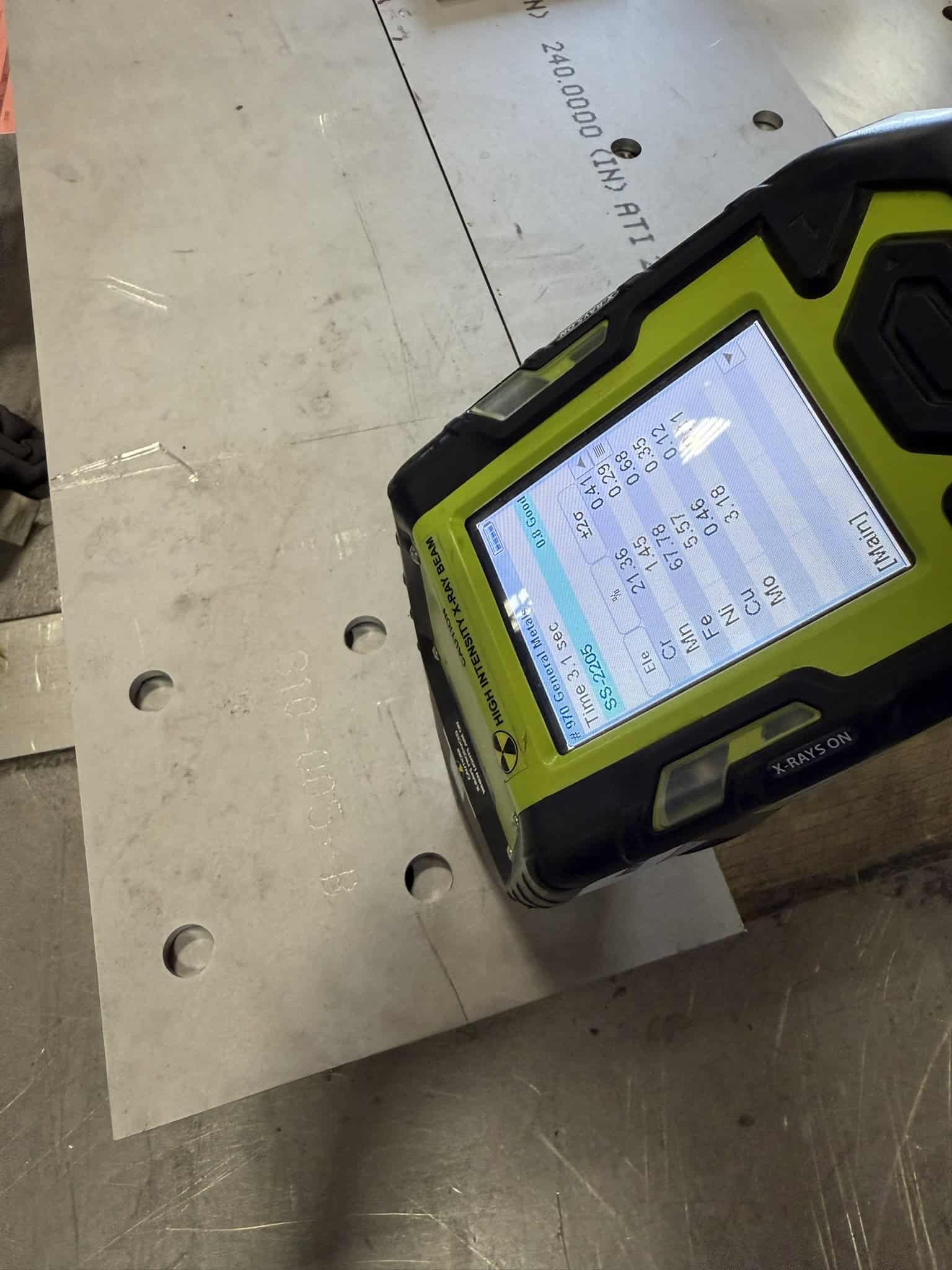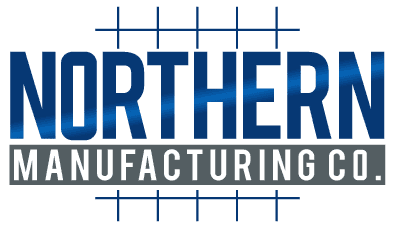Evaluating a Fabricator’s Material Quality & Traceability Program

Choosing a fabrication partner is a critical decision in risk management. A supplier’s quality system—or lack thereof—has a direct impact on your product’s reliability, your brand’s reputation, and your financial exposure to warranty claims. Use these questions to vet a potential fabricator’s approach to material integrity.
Q: What is a Mill Test Report (MTR) and what are its limitations?
A Mill Test Report (MTR), or Mill Test Certificate (MTC), is a quality assurance document generated by a steel mill that provides the specific chemical and mechanical properties of a “heat” (a single batch) of metal. It’s a material’s “birth certificate” and the foundational document for traceability.
However, the MTR has critical limitations. Its biggest weakness is that it’s a paper document that cannot account for physical errors in the supply chain. As demonstrated in our case study on material supply chain risk, where correctly certified 316L weld wire was discovered to be a different alloy (308) in the spool, material can be mislabeled or packaged incorrectly by a supplier long after the MTR is created. Relying on the MTR alone is a high-risk strategy because it provides an illusion of security without guaranteeing the physical material matches the paperwork.
Q: Why is Positive Material Identification (PMI) necessary if I have an MTR?
Positive Material Identification (PMI) is the “trust, but verify” step in a robust quality system. It is a scientific, non-destructive test that analyzes the chemical composition of the physical alloy in your facility.
PMI is necessary because it is the only way to catch the human and supply chain errors that an MTR cannot. A PMI test provides real-time data on the exact piece of material about to be used, bridging the gap between the historical claim on the MTR and the physical reality on the shop floor. A strategic PMI program that verifies incoming materials acts as a firewall, preventing incorrect stock from ever entering the production process.
Q: What is the difference between manual and digital heat number traceability?
Both methods aim to maintain the link between a piece of steel and its original MTR via the Heat Number. However, their reliability differs dramatically.
Manual Traceability relies on operators physically transferring the Heat Number onto every piece of metal as it is cut, using methods like markers, etching, or stamping. This process is slow and dangerously prone to human error. A single missed or incorrect transfer creates an untraceable “orphan” component with no verifiable properties, voiding the quality system for that part.
Digital Traceability, the method used at Northern Manufacturing, eliminates this manual risk. Our ISO 9001:2015 certified quality system creates a complete, instantly auditable ‘genealogy’ for every component, ensuring full MTR traceability from receiving to shipment. This provides the spec-ready documentation package required for critical compliance audits.
Q: How does a fabricator’s quality system protect me from warranty claims?
A material-related failure is a direct cause of costly warranty claims, which can lead to operational disruption for your end-user and lasting damage to your brand’s reputation.
A fabricator’s comprehensive quality system—built on the Documentation-Traceability-Verification triad—is a direct shield against these risks. By implementing a system that not only tracks paperwork but also digitally traces and physically verifies all materials, the fabricator systematically eliminates the risk of a material mix-up. This proactive prevention of latent defects in your components is one of the most effective ways to protect your business from the financial and reputational costs of a product failure.
Have more questions about material integrity?
Download our complete technical white paper to learn more, or contact a Northern Manufacturing technical expert to discuss how our ISO 9001:2015 certified quality system can de-risk your next critical project.
Discuss Your Fabrication Challenge with Our Engineering Team
Partner with a fabricator that protects your investment. Submit your drawings to our team for a technical review and a comprehensive quote that reflects the true cost of quality.
